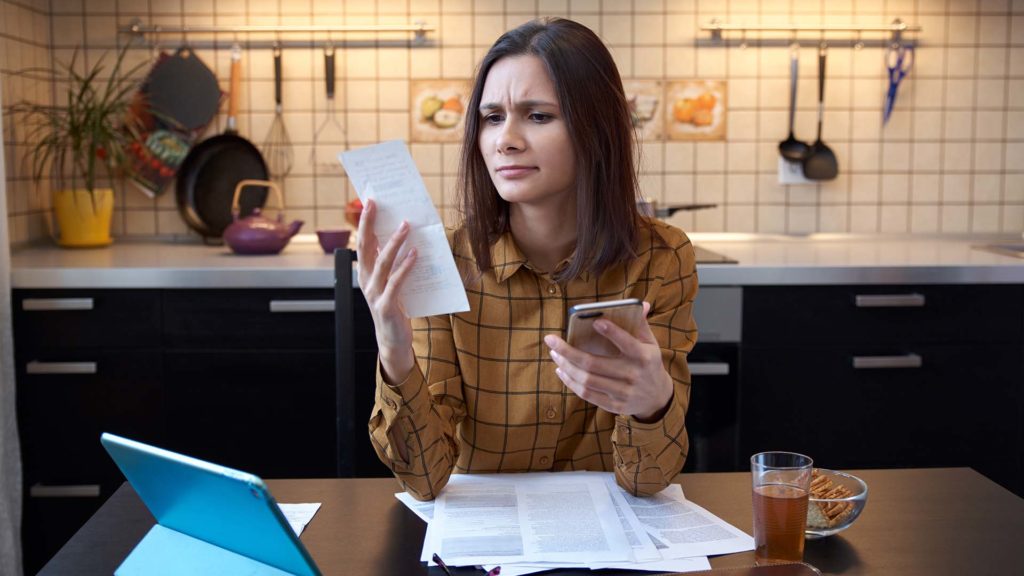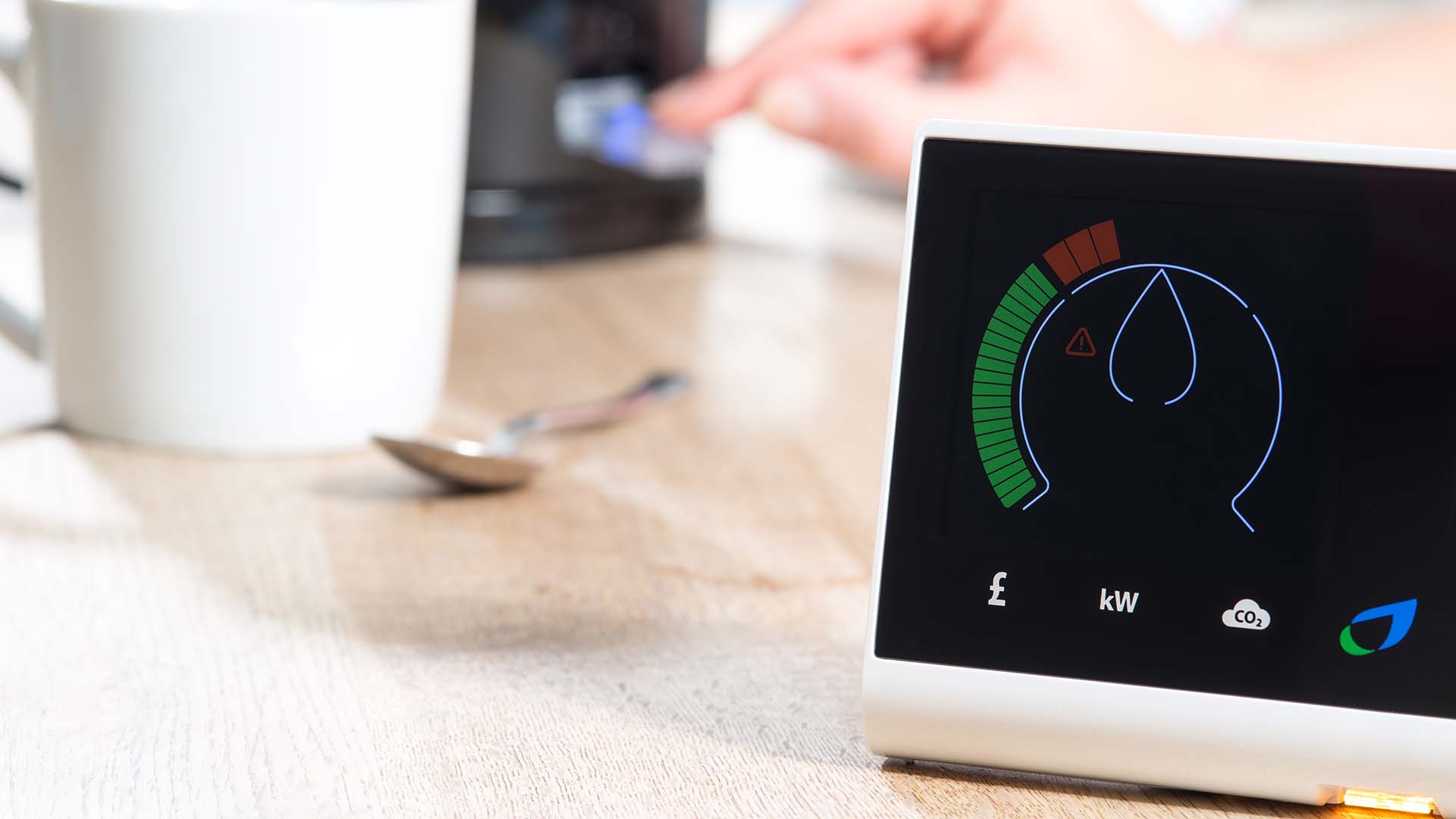The cost of energy is never far from the headlines. In Britain and across Europe, electricity prices spiked after Russia’s invasion of Ukraine in 2022. The ‘energy crisis’ has subsided since, although the cost per kWh is still higher than in 2021.
According to the UK Government, the average annual bill for electricity and gas combined is £1,720 (correct in September 2025).
For those who own an electric car, any increase in the cost of electricity obviously hits even harder. However, while the savings aren’t what they were, charging at home will still be cheaper than using public EV chargers. It will cost less than refuelling a conventional petrol or diesel car, too.
Factor in the tax savings that come with an electric car and your running costs should be lower overall – particularly for company car drivers.
The Energy Saving Trust says a full charge in an electric car will give a typical range of around 220 miles and cost approximately £17 if you charge at home. For comparison, driving a petrol or diesel car for 220 miles might cost up to £45.
As pointed out by Electric Nation, annual electricity consumption varies widely and is influenced by battery size. In a trial, it found that average energy use for an electric car with a small battery (up to 25kWh) is about 1,800-1,900kWh per year.
For a larger battery (35kWh+), it’s about 3,500kWh. Annual household consumption without an electric car can be anywhere between 1,900kWh and 4,600kWh per year, so every car charging at home has an electricity cost equivalent to another house.
Electric car energy tariffs

Most energy companies offer tariffs designed specifically for owners of electric cars. These usually supply 100 percent ‘green’ electricity, which is generated by wind farms, solar panels or other renewable sources.
EV tariffs tend to offer cheaper electricity late at night – between midnight and 5am, for example – when demand on the grid is low. This can work well if you usually charge your car overnight. Smart home chargers can be programmed to only supply electricity during set off-peak hours, ensuring that you pay the cheapest possible rate.
According to Money Saving Expert, some of the best EV tariffs at present include Smart EV from Fuse, GoElectric from EDF and Intelligent Octopus Go from Octopus Energy. Other, potentially cheaper tariffs are available, but only to existing customers.
It’s also worth reiterating that the cost of electricity can vary wildly, depending on when you plug in. Using the tariff mentioned above, for example, Octopus Energy charges 28.57p per kWh during peak times, or just 8.5p per kWh between 12:30am and 5:30am.
A bigger bill, but savings overall

There’s no escaping the fact that you will pay more for your electricity by charging an electric car at home. However, the cost will be offset in other ways, particularly when compared to running a petrol or diesel car.
Let us know about your experiences with running an EV in the comments. How much have costs increased – and how much have you saved?
ALSO READ:
Can you trust the official range of electric cars?


Maybe not but it may cause problems with your home and contents insurance if you have a charging related fire on the property. I’ve just renewed my home insurance and found a number of new EV-related conditions in the cover. Using your emergency labelled ‘Granny cable’ to regularly do an overnight off-peak charge rather than installing a proper charging point is a definite exclusion. I also have to declare the presence of any EV on the property because the batteries are regarded as hazardous chemicals. You should also be aware that if you’re a tenant plugging an EV into the domestic supply could breach your tenancy agreement. Short term gain, long term? Very expensive if it goes pear-shaped.